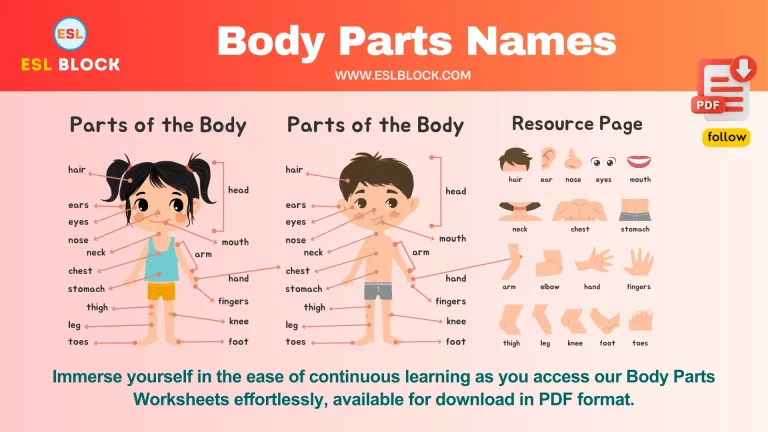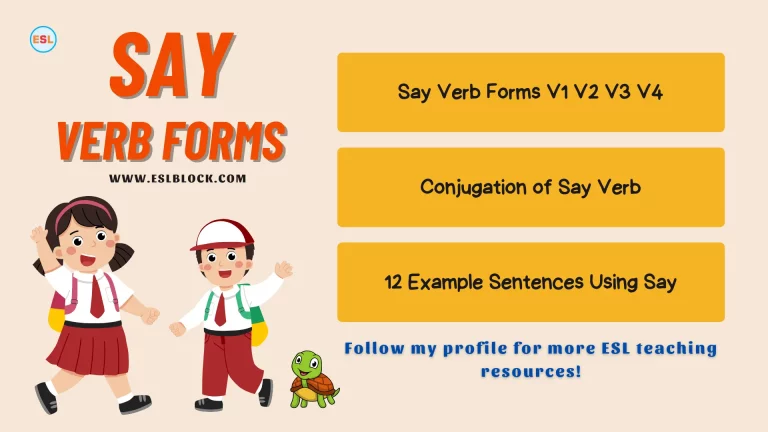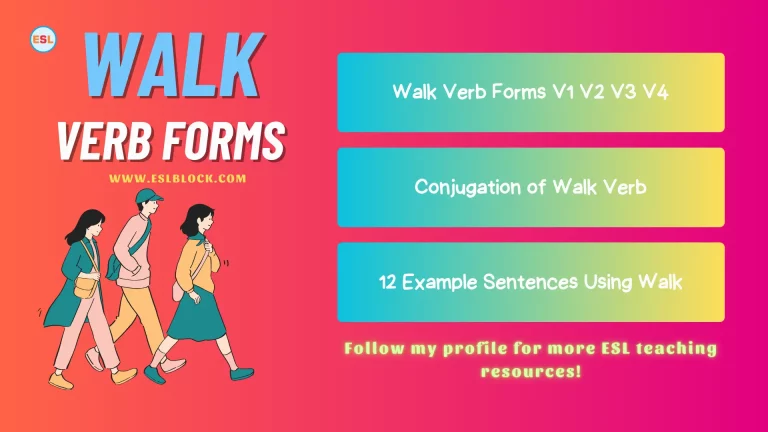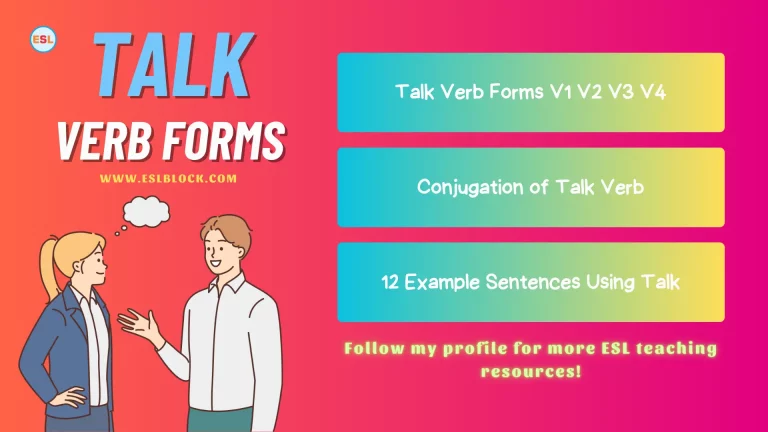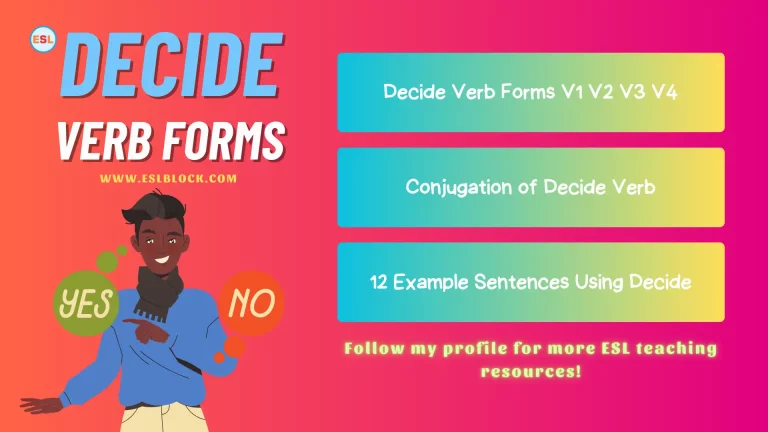Finite Verbs in English with Example Sentences
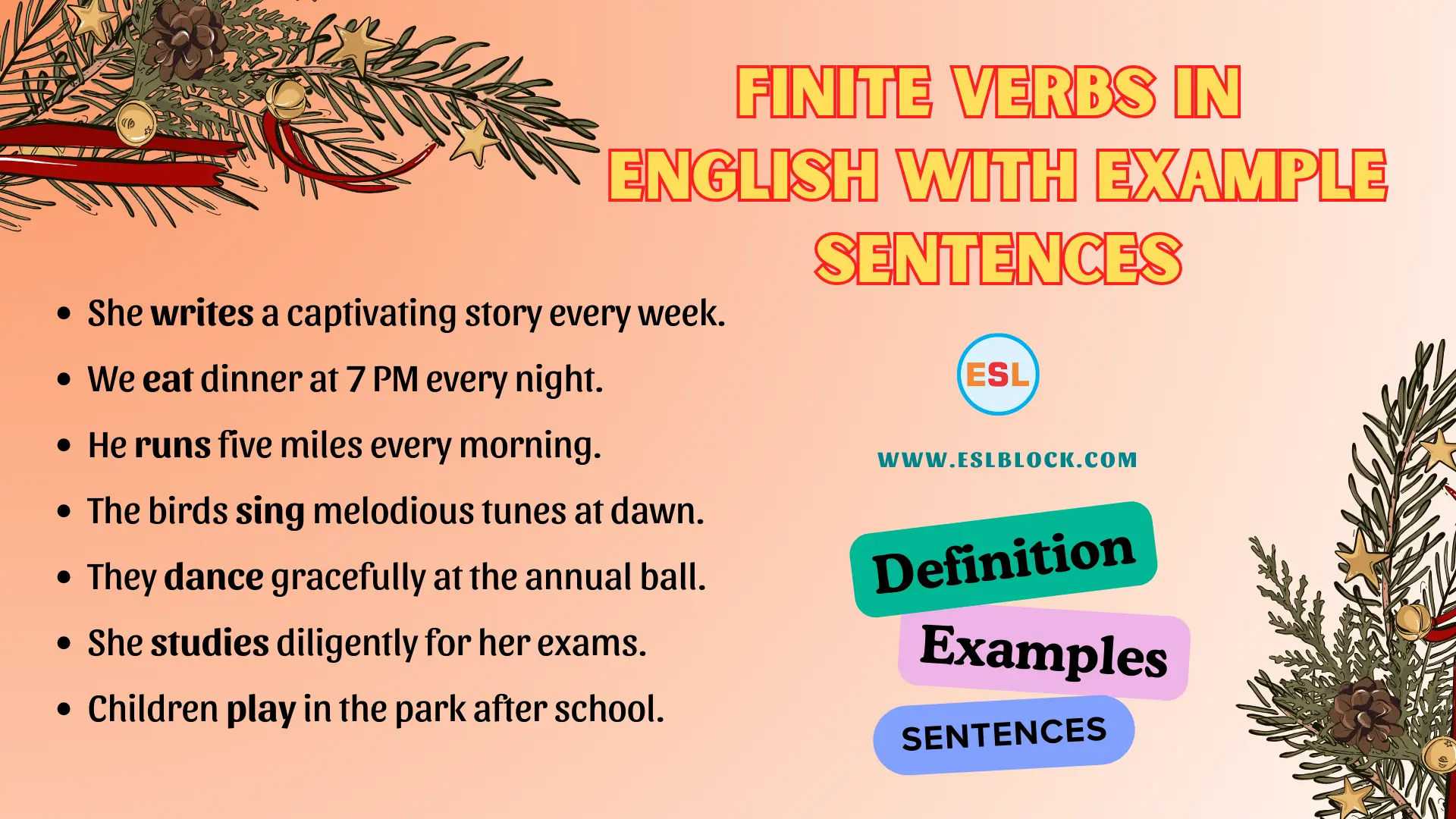
Welcome to the linguistic realm where verbs take center stage—specifically, finite verbs. In the vast tapestry of English grammar, finite verbs play a pivotal role in shaping the meaning and structure of our sentences.
Join us on this exploration of the definition, meaning, and examples of finite verbs, unraveling the intricacies that make them indispensable in the world of language.
As we delve into the fascinating realm of finite verbs, we embark on a journey to understand their significance in constructing coherent and meaningful sentences. So, let’s unravel the mystery behind finite verbs together.
What are Finite Verbs?
At the core of English grammar, finite verbs hold a unique position. A finite verb, by definition, is a verb that carries tense, person, and number, providing a complete sense to a sentence. In simpler terms, finite verbs indicate when the action is happening, who is performing the action, and the number of individuals involved.
For example, consider the sentence “She writes a letter.” Here, the finite verb is “writes” because it not only expresses the action of writing but also provides information about the tense (present), person (she), and number (singular).
Examples of Finite Verbs
- Write
- Eat
- Run
- Sing
- Dance
- Study
- Play
- Laugh
- Sleep
- Jump
- Talk
- Drive
- Work
- Read
- Swim
- Teach
- Learn
- Paint
- Travel
- Build
Example Sentences using Finite Verbs
- She writes a captivating story every week.
- We eat dinner at 7 PM every night.
- He runs five miles every morning.
- The birds sing melodious tunes at dawn.
- They dance gracefully at the annual ball.
- She studies diligently for her exams.
- Children play in the park after school.
- We laugh heartily at his jokes.
- The baby sleeps peacefully in the crib.
- The athlete jumps over the hurdles effortlessly.
- They talk animatedly about their favorite books.
- He drives a sleek sports car.
- She works tirelessly to meet deadlines.
- We read fascinating novels during the weekend.
- The dolphins swim gracefully in the ocean.
- The professor teaches complex theories to his students.
- Students learn new concepts in every class.
- The artist paints vibrant canvases in the studio.
- We travel to exotic destinations every year.
- Engineers build innovative structures worldwide.
Conclusion
In the symphony of English grammar, finite verbs play a pivotal role, orchestrating the rhythm and meaning of our sentences. Their ability to convey tense, person, and number adds depth to our communication.
As we navigate the vast expanse of language, let’s appreciate the importance of finite verbs in constructing coherent and meaningful expressions. In the intricate dance of parts of speech, finite verbs stand as stalwart companions, guiding us through the nuanced world of English grammar.

